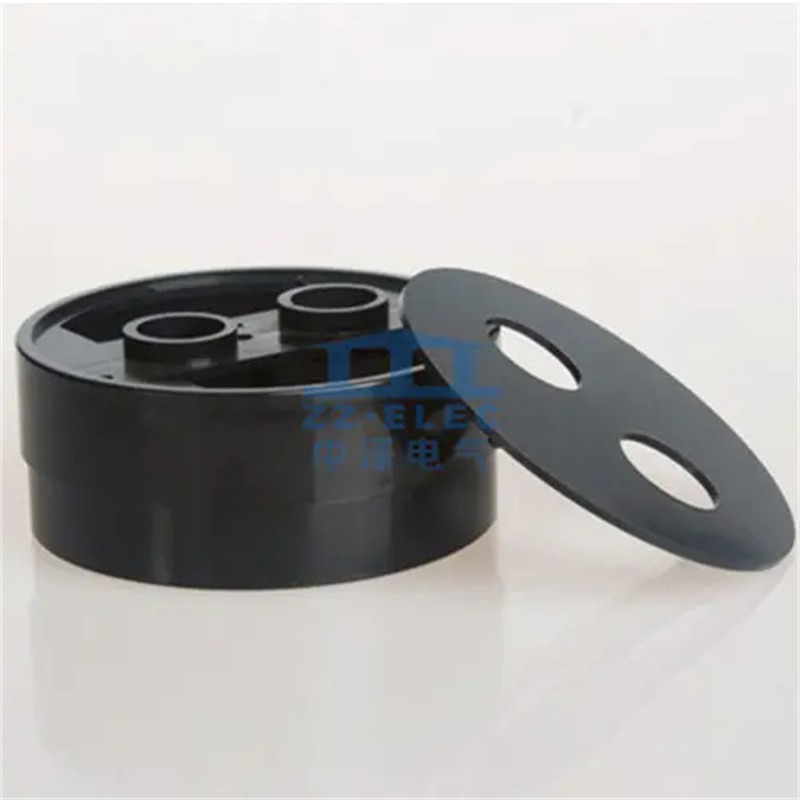Fuel Filter Structure
Fuel filter cover&housingType: nearly every existingMaterial: AL1060We specialize in Aluminum cold extrusion. Fuel filter cover and housing could ...

Before initiating the search for a manufacturer, clearly defining your own requirements is the crucial first step, as it determines the direction and efficiency of finding a suitable partner. You need to deeply analyze the product's end application scenario, the mechanical loads it will bear, the temperature and chemical media in its working environment, as well as the industry regulations and safety standards it must comply with. For instance, for a plastic housing used in outdoor electronic equipment, key indicators might include not only structural strength but also its resistance to UV aging and flame retardancy rating; whereas a gear for food machinery must consider the material's food safety certification and wear resistance. Precise dimensional tolerances, surface finish, and the expected product lifecycle are also indispensable considerations. Translating these technical requirements into specific, quantifiable specifications will lay a solid technical foundation for communication with manufacturers, avoiding repeated modifications and cost overruns caused by ambiguous demands.
Once the basic requirements are clear, the next step is to find a partner with the corresponding technical capabilities, where the manufacturer's level of precision injection molding and customization becomes the core focus. Precision injection molding is not just about having high-precision injection molding machines; it is a systematic engineering project covering mold design, manufacturing processes, process control, and quality inspection. Excellent manufacturers can provide full-process services from conceptual design support and mold runner analysis to molding process optimization. They typically have professional engineering teams capable of providing Design for Manufacturability (DFM) suggestions for product designs, thereby optimizing structure, reducing defect rates, and improving production efficiency. You should pay attention to whether they possess stable cavity repeatability accuracy, a strict molding process monitoring system, and advanced inspection equipment such as coordinate measuring machines and optical projectors. This ensures that every production batch meets the stringent tolerance requirements on your drawings, achieving high-fidelity conversion from design to physical product.
While cross-industry general production capability is important, profound experience within specific fields often holds greater value, especially in heavily regulated industries like medical devices and high-performance standards like automotive. A manufacturer long-serving the medical device field is not only familiar with the properties of medical-grade plastic materials, such as biocompatibility and resistance to gamma radiation sterilization, but more importantly, its entire production environment and management system usually comply with cleanroom standards and relevant quality management system certifications, ensuring the sterility and traceability of products from raw materials to delivery. Similarly, manufacturers supplying components to the automotive industry must understand challenges like vibration, high and low-temperature cycles, and resistance to oil and chemicals, with their products needing to pass a series of stringent durability and reliability tests. Choosing a partner with rich industry application experience means they can foresee risks you haven't yet noticed and provide market-proven solutions.
Not all innovative projects or market products require large-scale mass production. In scenarios such as prototype development, market testing, or specific equipment repair and replacement, low-volume, highly flexible production services are particularly critical. Finding manufacturers that can accept and efficiently handle small-batch orders can save significant mold investment and production costs in the early stages of a project. Such manufacturers usually demonstrate stronger customer collaboration spirit and rapid response capabilities, adapting to frequent design changes and tight delivery schedules. Their value lies in providing trial production samples or small batches with quality standards equivalent to mass production at a reasonable cost, helping you quickly validate designs, seize market opportunities, or maintain the continuous operation of critical equipment. This cooperation model provides strong supply chain support for agile innovation and risk control in enterprises.
The scientific selection and validation of plastic materials are the cornerstones for ensuring the long-term reliable operation of components. Excellent manufacturers should possess profound technical expertise in this area. They should not merely be processors of materials but also your consultants in new material selection and performance evaluation. You need to assess whether they are familiar with a broad spectrum from commodity plastics to specialty engineering plastics and high-performance polymers, and can recommend the most economical and suitable material based on your specific application environment (such as continuous high temperature, strong chemical corrosion, high humidity, or UV exposure). More critically, their in-house or partnered laboratories should be able to provide comprehensive material performance testing and component reliability verification services, for example, Heat Deflection Temperature (HDT) tests, chemical resistance experiments, impact strength tests, and long-term aging tests. Through these scientific test data, you can build confidence in the product's performance over years or even decades of use, fundamentally preventing system risks caused by material failure.